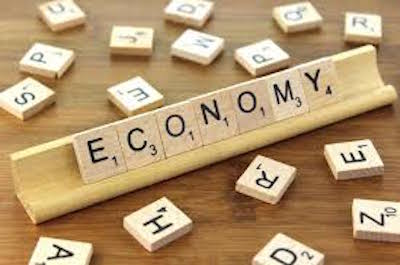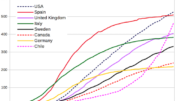Connecticut has had very low economic growth over the last decade compared to Massachusetts and the rest of the country. Connecticut lags the nation in personal income growth, and according to ctmirror.org, “personal income in the U.S rose by 2 percent in the first quarter of 2019 compared with the same 3 month period in 2018. Connecticut’s growth was only about one fourth of that.”
“It is not somewhere where I would want to raise my future family or I would not trust it if I wanted to succeed in life,” Ahnecia Edouard-Gary (’20) said.
According to UCONN economist Fred Carstensen, “We haven’t recovered [from the 2008 recession] yet, in real terms, in jobs or in input, and this recovery has been extraordinarily weak.” Since then, Connecticut has struggled to recover in jobs, wages, and taxes. Many higher-wage jobs in finance or advanced manufacturing have been replaced with lower-wage service jobs, so Connecticut is essentially not properly structured for economic growth.
“It is very bad and the rich are getting richer and the poor are getting poorer,” Mayechele Etienne (’21) said.
Office of Policy and Management Secretary Melissa McCaw told ctmirror.com that it is important for Connecticut to be a place where education from preschool to postsecondary prepares their students for the workplace, job training is available, and start-up companies can thrive. While Connecticut still has not fully recovered from the recession, the economic outlook has begun to look better since 2015. Job growth at Electric Boat in Groton, Pratt and Whitney in East Hartford, and Sikorsky Aircraft in Stratford have proven beneficial, as more available jobs will help to boost spending and consumer confidence. This can be fixed but not overnight; it will take time, but is still possible for Connecticut’s residents.





